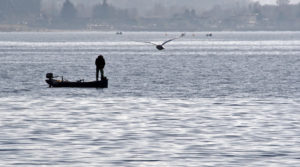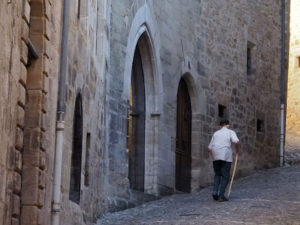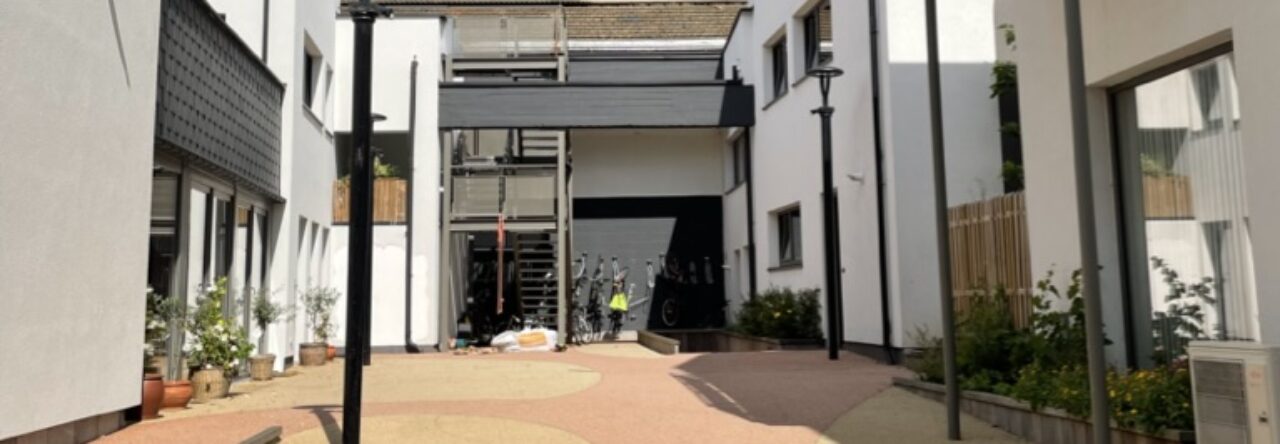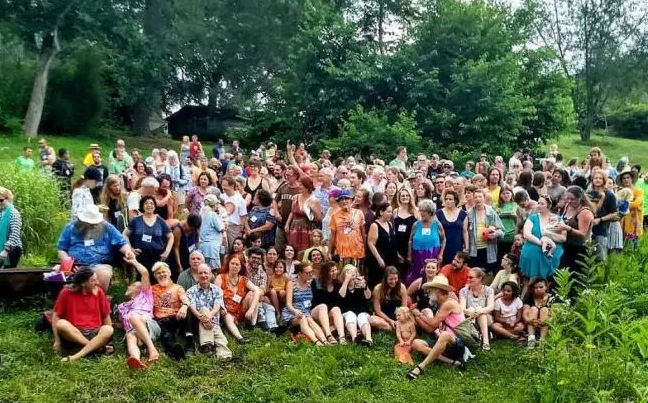
Photo D.Merlen
Après des années d’idéologie (socialisme puis libéralisme), nos sociétés contemporaines commencent à payer le prix fort de la liberté mal comprise, laquelle n’est rien d’autre qu’un individualisme exacerbé confinant à l’égoïsme.
Dans cet article, on apprend que la Grande-Bretagne vient de créer un secrétariat d’Etat destiné à lutter contre la solitude. En Angleterre, 200 000 personnes passent souvent un mois sans parler à personne. En France, cela n’est pas mieux : 300 000 personnes de plus de 60 ans sont en situation de « mort sociale ». Et il y a peu de raison qu’il en aille différemment au Canada, en Belgique, en Suisse ou dans tout autre pays occidental.
Jusqu’à ces dernières années, en France, l’Etat avait remplacé Dieu, au point de se donner lui-même ce nom curieux : Etat Providence, c’est-à-dire «Etat-Dieu !»
Les anglo-saxons ne sont pas allés jusque-là. Le « Welfare State » se traduit plutôt par « Etat bien-être ».
Et il est vrai que l’Etat peut donner de l’argent, du travail ou une maison.
Mais peut-il donner de l’amour ? Evidemment que non. Et c’est précisément pourquoi ce terme « Etat Providence » est l’un des pires mensonges de notre époque.
Mais aujourd’hui le masque tombe. L’Etat, les Etats occidentaux n’ont plus d’argent. Et ces millions d’individus à qui l’on a menti pendant des dizaines d’années se retrouvent seuls.
Seul ? Pas tout à fait quand même. Car il reste les chrétiens pour aider les plus fragiles. Comme toujours…
Et ce n’est pas le moindre des paradoxes que de voir France Inter, grand pourfendeur de l’Eglise s’il en est, reconnaître que sans les « Petits frères des pauvres », Gérard, 61 ans, serait toujours dans la rue….
C’est bien cela que vise notre projet d’habitat groupé intergénérationnel afin que personne ne se sente plus abandonné. La solidarité redonne de la joie.

Photo Dominique Merlen
https://www.franceinter.fr/societe/faut-il-creer-un-ministere-de-la-solitude-en-france

